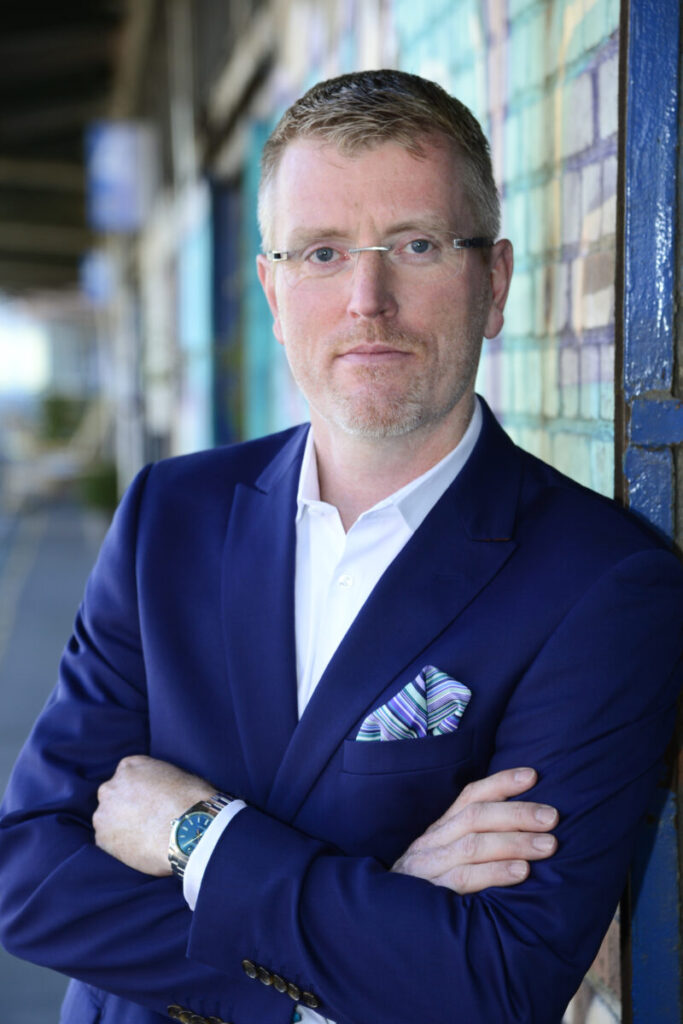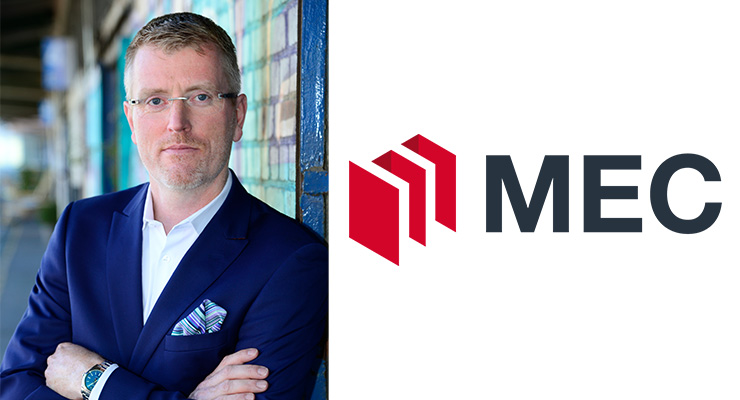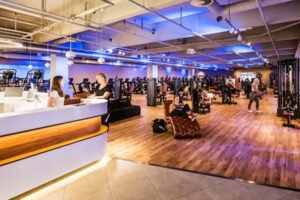ACROSS: Mr. Wege, MEC has created a new business & project development department. Why has this step been taken, and why now?
JÖRG WEGE: The demands placed on retail real estate management have fundamentally changed in recent years. It’s no longer just about the administrative side of things but about actively developing locations. We have to be able to understand markets, develop individual strategies, and then implement them operationally, ideally in cooperation with our clients. Business & Project Development is our answer to that challenge: We combine strategic thinking with the expertise of our operational divisions to develop and implement sustainable solutions for retail locations.
ACROSS: How does your approach differ from traditional developers?
WEGE: We are not a project developer in the traditional sense. MEC is a service provider in the purest sense. We don’t make investments ourselves – we work on behalf of owners and investors. What sets us apart is the systemic view we take when it comes to retail real estate. Our approach to locations is holistic, combining the perspective of an urban planner with an understanding of economic interrelationships and in-depth knowledge of day to-day operations – all based on our extensive experience working on a large number of ongoing projects. This interplay is precisely what sets us apart. My own experience as an urban planner and project developer helps me develop strategic concepts that are realistic, feasible, and actually work.
ACROSS: How do you successfully translate the operational experience gained at your centers into the strategic development of MEC?
WEGE: We listen and think in a networked way. Our teams are not only present on site, they also provide our central departments with regular, detailed feedback. That includes everything: What is going well? What new requirements have arisen? Which services are truly needed or in demand? That kind of feedback is invaluable. It shows us what’s driving the market – not on PowerPoint slides, but in real life. We take that input, analyze it, and develop concrete measures: new offering formats, process optimizations, technical tools, and targeted reporting adjustments, to name just a few examples. That’s what enables us to create solutions that aren’t developed in an ivory tower, but in the real world – and that’s exactly what our clients expect.
ACROSS: What role does business & project development play in MEC’s future growth strategy?
WEGE: It plays a central one. Not only does BPD act as an interface between the market and management, it also actively drives our business development. We monitor market developments, identify opportunities, and develop specific service packages for our clients, which are then implemented by our experienced teams. We continue to build on our strengths in center management, leasing, and property management, combining those areas of expertise in the comprehensive refurbishment of existing properties, for example, and the targeted further development of our products. As a result, we are able to tap into new potential thanks to our agile service profile.
ACROSS: How does interdepartmental cooperation work in practice?
WEGE: We see ourselves as partners on equal footing. Our strategic ideas would be worthless without the expertise of our employees in center management, leasing, and property management. That’s why we work with each other in such a close and systematic way. We brainstorm new usage concepts together, examine urban planning feasibility, clarify planning law issues, and design refurbishment projects – now even entire neighborhoods. Our goal is always to develop locations for the future – for owners, tenants, and users alike.
ACROSS: How does that benefit your clients?
WEGE: There’s a greater degree of clarity, relevance, and impact. Our clients expect tailor-made solutions to complex challenges. We’re able to offer them such solutions because we think strategically while remaining firmly rooted in day-to-day operations. We don’t make promises we can’t keep: What we do is sound, practical, market-oriented, and future-focused.
ACROSS: How do clients benefit?
WEGE: For us, growth is about more than simply taking on additional clients. We want to continuously improve the quality of our services, integrate new areas into our portfolio, and further sharpen our profile as a strategic and long-term partner. Nowadays, the market demands much more from property managers than operational reliability. Creative drive, market understanding, and a clear stance are required. That’s exactly what we bring to the table. Not only can our clients rely on us to come up with good ideas, but they can also count on us to bring them to life in collaboration with our teams, locally, and with a view to achieving concrete results. In other words: We think ahead in terms of locations, develop strategies, and exploit opportunities – in partnership, in a market-oriented way, and with a strong focus on implementation.

Jörg Wege
Head of Business & Project Development at MEC







